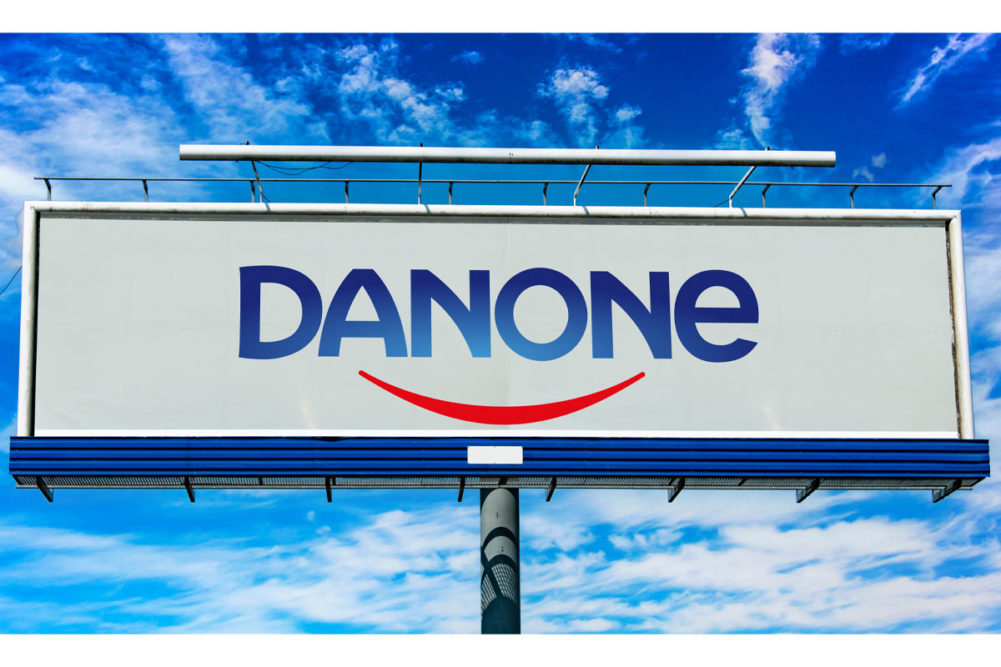BOSTON — Danone North America has joined the Farm Powered Strategic Alliance, a sustainability initiative for food and beverage manufacturers.
Founded in 2020 by Vanguard Renewables, Unilever, Starbucks and Dairy Farmers of America, the Alliance was created to develop a circular economy that redirects food waste away from landfills and simultaneously produces clean energy.
“Danone's decision to join the Farm Powered Strategic Alliance is a testament to their dedication to sustainability and their recognition of the urgent need to address food waste and renewable energy challenges,” said Neil H. Smith, chief executive officer of Vanguard Renewables. “Together, we will accelerate the transition to a circular economy, reduce greenhouse gas emissions, and enable a more sustainable future for generations to come.”
The initiative utilizes a four-step procedure to recycle food waste into renewable natural gas. First, Alliance members provide their discarded scraps and liquids, expired foods, otherwise unsellable and unsafe products, off-spec batches and other processed or packaged waste to Vanguard Renewables. Next, the company depackages and pre-processes the organic waste through a waste materials separator. Then, Vanguard Renewables uses microorganisms and dairy manure to convert the waste into renewable natural gas through anaerobic digestion. The resulting clean energy can then be used to generate electricity, heat and transportation fuel to decrease fossil fuel usage and greenhouse gas emissions.
“By working together, we can accelerate the understanding and adoption of sustainable practices, reduce food waste and contribute to a more circular economy,” said Chris Adamo, vice president of public affairs and regenerative agriculture policy at Danone North America. “This collaboration aligns well with the intent of our Danone Impact Journey, which acts as our blueprint for defining our sustainability priorities and our transformation ambition in our value chain.”
The collaboration follows Danone’s global energy program as the company’s latest effort to shrink its Scope 1 emissions.




